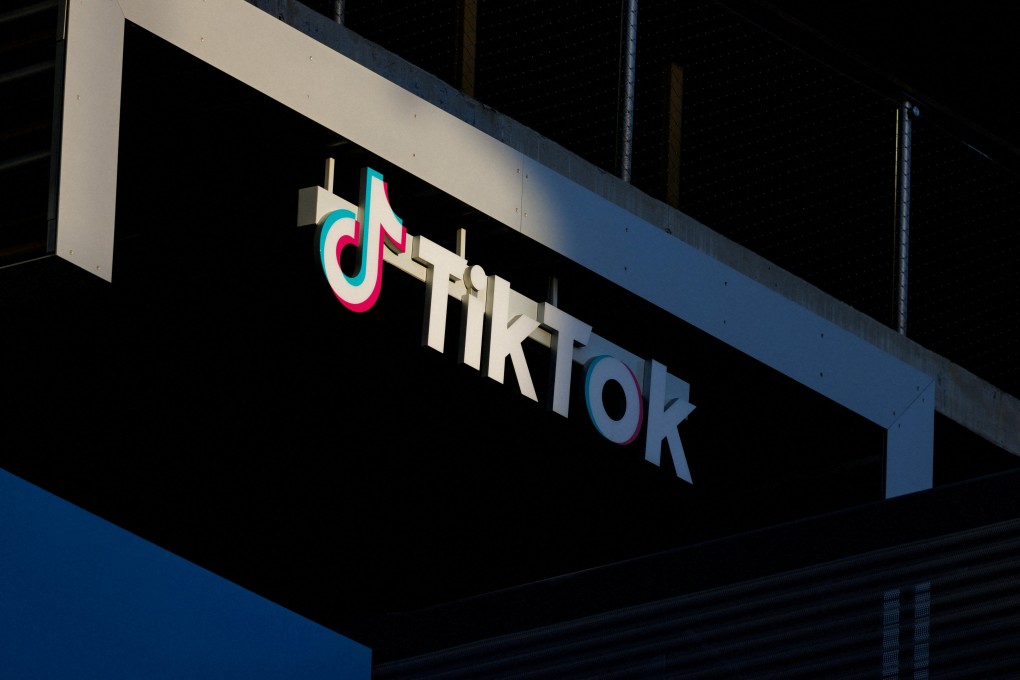
If we’re looking to preserve our bodies, we engage in exercise of one type or another, whether it’s as simple as a morning or evening walk, or more strenuous cardiovascular workouts and/or weight training. Our brains, as it turns out, need a workout, as well, to maintain function well into our later years. So, how do we keep our brains firing on all cylinders? "The brain is like a muscle, so use it or lose it," said Nicholas Milano, M.
D., a cognitive and behavior neurologist with the Medical University of South Carolina (MUSC). "You should challenge your brain every day.
That can mean doing crossword puzzles or learning a language, for example. Frankly, anything that expands the pathways in your brain - learning to play an instrument, even socializing with friends and discussing current events. How does this work? Well, you’re forming new connections in the brain, and that builds up what we call cognitive reserves, which serve as a buffer, so as you get older and things may begin to break down, in some cases with the onset of dementia, you have larger amounts of brain reserve to resist those symptoms.
This is evidenced by the fact that those with higher degrees of education have lesser symptoms within the various forms of dementia than the general population. It’s because their brain reserves are better." Dementia is an umbrella term for having trouble with the thinking process.
Under that umbrella, the disease we’re most familiar with is Alzheimer’s. So, everyone with Alzheimer’s has dementia, but not all people with dementia will develop Alzheimer’s. That is a very specific diagnosis that involves amyloid plaques in the brain which look like sticky blobs, and tau tangles, globs of protein that form inside the brain cells themselves.
Dementia can be caused by any number of things, ranging from a brain injury, a stroke, or even an infection, but it is most often a degenerative disease that comes on with age in some people. The exact cause is not known, which makes it difficult to determine who will eventually become a victim of dementia and who will not. What is clear is that there are risk factors, and some may be genetic.
But first, it’s very important to differentiate between the signs of normal aging, and other symptoms that could be leading to cognitive dysfunction and impairment. "Normal aging involves trouble with multi-tasking, or retrieving the name of someone, for example, which is just a general breakdown of our bodies over time," explained Dr. Milano.
"It’s just like your knees, which wear out as the years roll on. This sort of benign forgetfulness is expected and is usually mild. However, if you’re actually developing a brain disease and have cognitive impairment that’s much worse than your age would indicate, then there may be cause for concern.
If you walk into a room and have no idea what the thermostat on the wall is for or how it works, it’s time to take action." According to Milano, the majority of Alzheimer’s is not considered genetic, but the "early-onset" type of Alzheimer’s is. That sort is typically diagnosed in one’s 30’s, 40’s and 50’s.
However, we do have some risk factors in our genes for the more common type of Alzheimer’s which usually strikes after the age of 65. For instance, a fat-binding protein called APOE, found in the bloodstream, puts you at an increased risk of developing Alzheimer’s. And, while having a parent or sibling with Alzheimer’s does increase your risk, the number one risk factor is still age, regardless.
But there are far more reversible risk factors, ones over which we have some degree of control. They include, but are not limited to, high blood pressure, diabetes, high cholesterol, sleep apnea, COPD, heavy alcohol use, stress and depression, lack of physical activity, and lack of cognitive activity. So, if you’re trying to keep your brain healthy, it’s important to have the rest of your body in optimal shape.
Of the 6.7 million Americans who are currently living with Alzheimer’s, some in the early stages are receiving infusions of lecanemab, the new medication approved last year by the FDA. Its purpose is to remove the hallmark plaques from the brain, and slow down memory loss.
However, it is by no means a miracle drug. It doesn’t stop, reverse or cure this mind-robbing disorder. It can, on average, slow mental decline by five months over an 18-month treatment period.
But it has side effects, including the dangers of brain swelling and bleeding, and it is costly, averaging $6,600 per year, even with Medicare coverage. Still, it is currently all that’s available for treating the disease itself, as opposed to just treating symptoms. "But it’s a first step," said Milano.
"The real game changer would be a drug that prevents the development of symptoms, in the first place. The idea of improvement, and reversing the degenerative course is completely different, because the current theory is that once the brain is injured, it cannot be repaired. That would be a different field of research entirely and would mean regenerating the brain.
It’s certainly not happening yet, but that research may someday be on the horizon." Many researchers believe that chronic inflammation in the body, in which our immune cells become overwhelmed, may be the primary driver of Alzheimer’s. In fact, in 2023, there were more drugs in human trials for inflammation than for any other target.
The newest research involves studying patients by first implementing spinal taps and brain scans to discover problems within the brain and then administering drugs before symptoms, like memory problems, ever appear. Over the next five years, scientists anticipate a blood test that will be able to diagnose Alzheimer’s in your doctor’s office. In ten years, the disease may be handled the way heart disease and diabetes are now - with medications and lifestyle changes.
Instead of a terminal disease, it is the hope that Alzheimer’s could become treatable, preventable, and even reversible. SIDEBAR 1 LOWERING YOUR RISK OF ALZHEIMER’S SIDEBAR 2 FIVE COMMON RED FLAGS FOR EARLY DEMENTIA SIDEBAR 3 BEST-SELLING BOOKS ABOUT ALZHEIMER’S.














